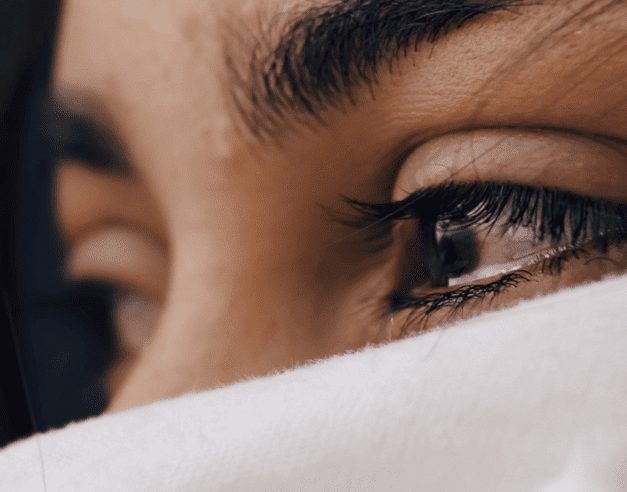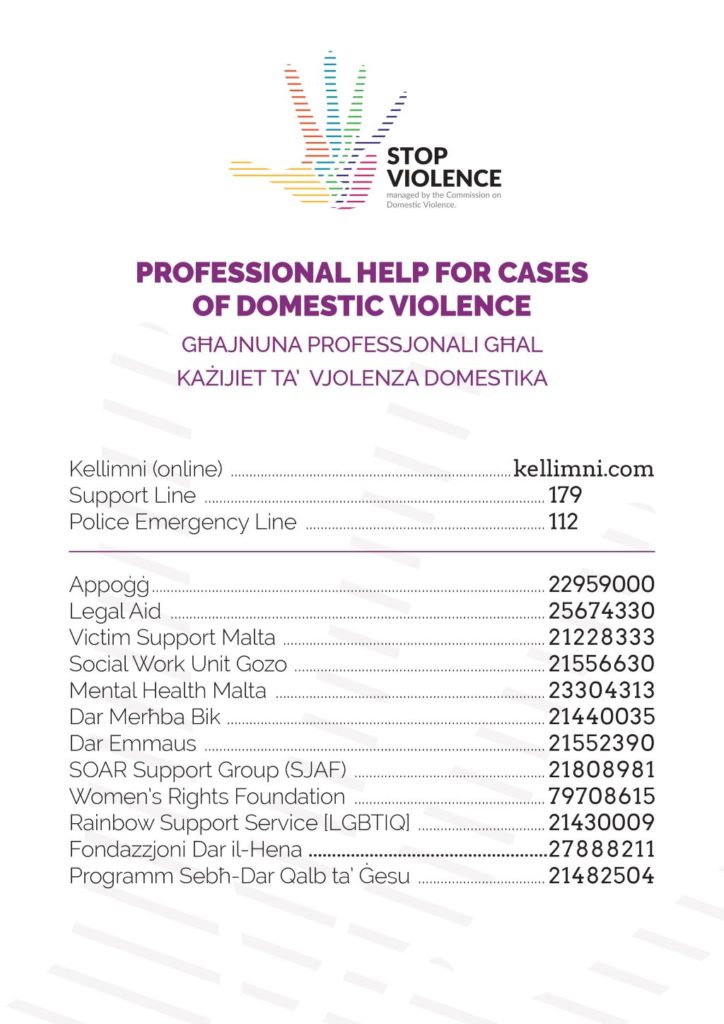
Sexual trauma involves any sexual activity that happens without your consent. It can involve rape, oral sex or unwanted sexual touch and usually makes the victim feel molested, invaded and unsafe.
Sexual abuse is NEVER the victim’s fault and reports of abuse need to be taken seriously. According to research, 80% of sexual assaults occur by persons known and trusted by the victim such as a family member, a neighbour or a romantic partner.
Regardless of one’s gender and age, sexual abuse can be devastating and the scars can go beyond physical ones. You might feel “dirty”, “used” or “damaged goods” and no longer safe in your own skin.
Sexual abuse can lead to a variety of psychological issues, such as anxiety, depression, insomnia, low self-esteem, nightmares and troubled sleep.
Romantic relationships may feel unsafe and sexual intimacy difficult.
You might experience a period of self-blame, with thoughts such as “I should have known better” or “I asked for it by looking too sexy” or “it is my fault for drinking too much”. Research indicates that sexual abuse is a crime of opportunity and that perpetrators choose their victims based on how vulnerable they are rather than on the way they dress or how flirtatious they are being. It is also important to understand that consenting to sex once or more does not give someone permanent rights to your body.
If a husband, partner, friend or lover forces any sexual act on you without your consent, it is still considered as sexual abuse or rape.
Recovering from sexual trauma
There are various things you can do to help if you have suffered sexual abuse. These include:
- Reaching out – At times we need to uncover a physical wound for it to heal. It can be the same with emotional wounds. Talking to someone you trust can help. This can be difficult since sexual abuse still carries with it a degree of stigma. Opening up to a friend or a professional helps in the process of healing. Talk to someone you can trust, who can remain calm, support and listen to you without judgment.
- Dealing with feelings of guilt and shame – Sexual arousal can occur during sexual abuse even when there is no consent. This can leave victims feeling very confused and distressed. Genital sexual response is somewhat automatic. Having vaginal lubrication and feeling physically aroused during sexual abuse does not mean that you consented to the sexual activity taking place. Understanding this can make it easier for you to deal with any feelings of guilt and shame and help in the healing process.
- Preparing for flashbacks and upsetting memories – Traumatic experiences may cause upsetting memories, and various situations may bring back memories of the event, especially in the first few months. Try to anticipate and prepare for events and dates which might trigger these memories, such as dates and places associated with it. Pay attention to your body’s signals and note in what situations you feel stressed and unsafe. Self-awareness is key to accelerating healing, and helping you reconnect with your body and feelings.
The most important thing is not to be afraid to tackle the issue head on, as sexual trauma can effect our sexuality and way of relating. Remember, at the end of the day taking care of yourself, especially after difficult events, is an important need not a luxury.


Anna Catania (M.Cons. PG(Dip) Psychosexual and relationship therapy is a warranted counsellor specialised in the area if sex and relationships. She provides counselling to individuals and couples who are having difficulties with sexuality, relationships and intimacy.
Click here to check out Anna’s full bio as well as a list of all her Wham published articles





